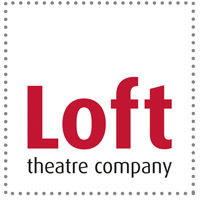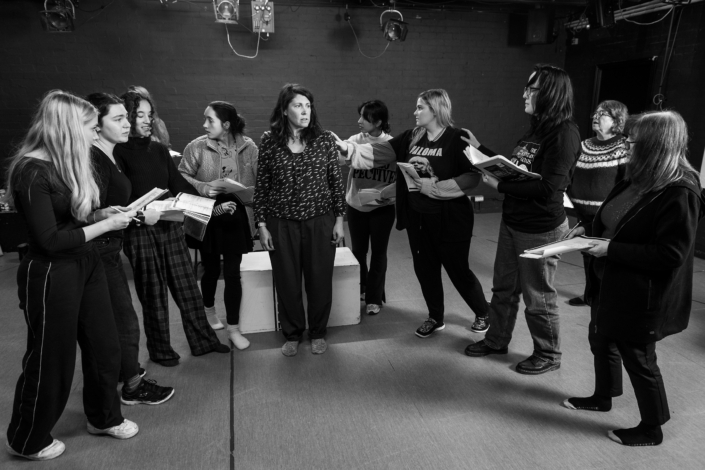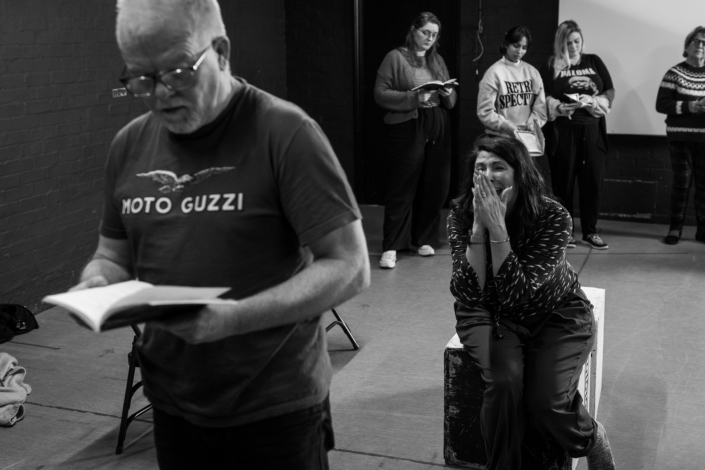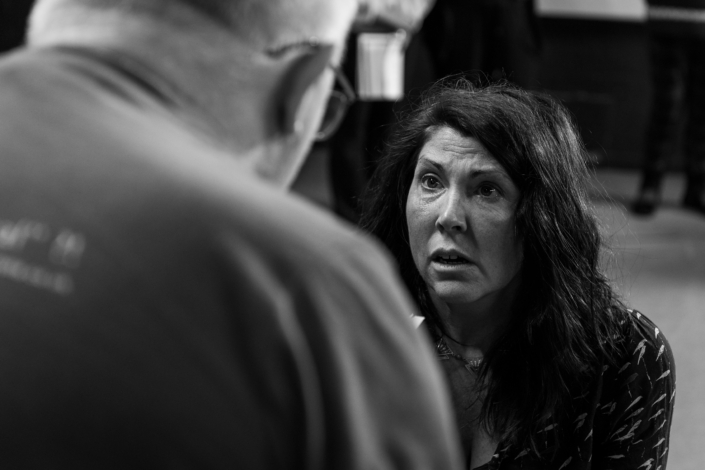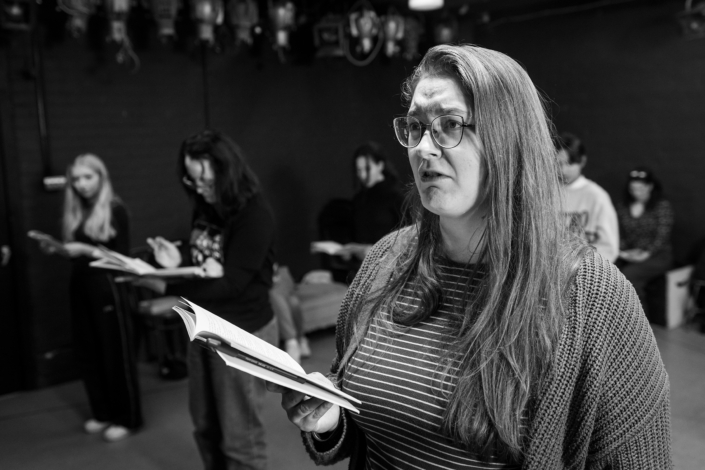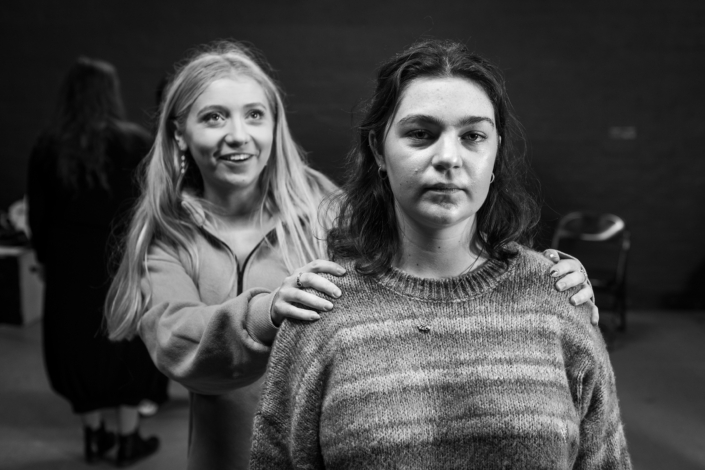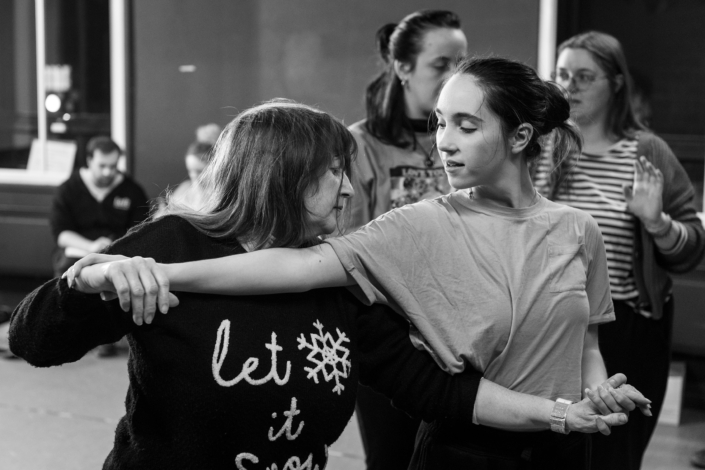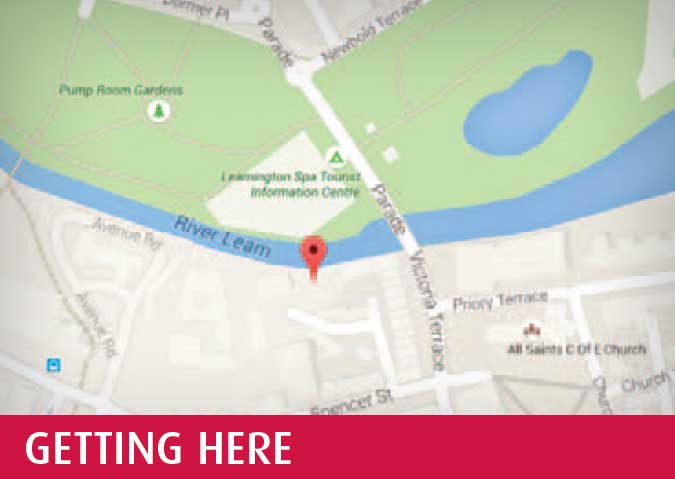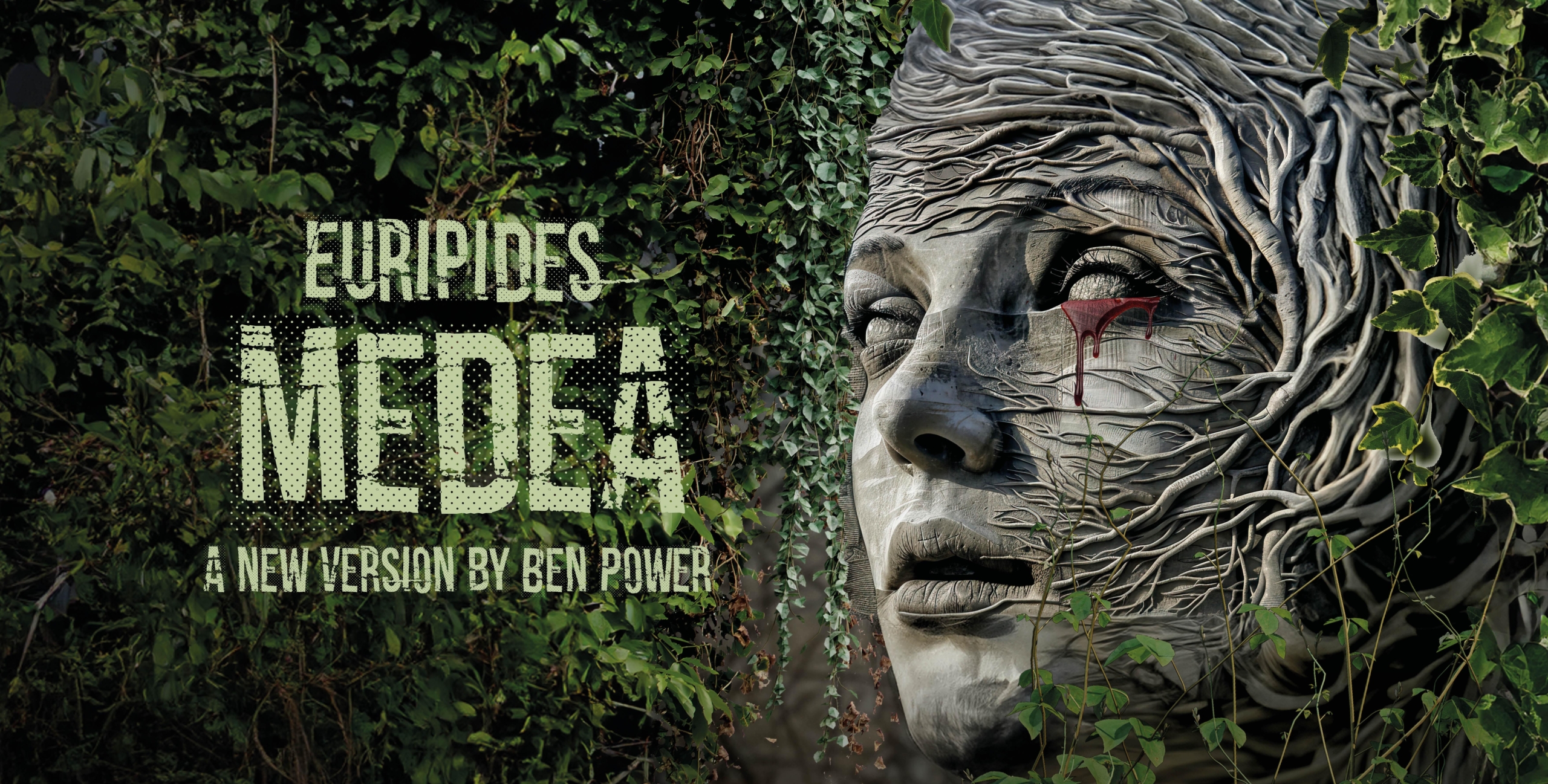
MEDEA
WED 22 JAN – SAT 1 FEB 2025
EURIPIDES
MEDEA
in a version by Ben Power
Directed by Craig Shelton
“This modern day Medea is a tragic force to be reckoned with; alive with complexity and psychological astuteness. The play’s tragic force emerges strongly and the production’s climax seems better suited to modern tastes than Euripides’ original.”
Michael Billington, The Guardian
“Intimate, intense and visceral, with a good balance of mortal lust and divine influence, with a powerful central character, this new version of Medea is potent ancient drama with sharp psychological observation, dark humour and plenty of bite.”
London Theatre.co.uk Review 2014
Medea, written by Euripides, but presented in this contemporary version by Ben Power, was staged with great impact at the National Theatre in 2014 with the late Helen McCrory in the lead role.
Power brings the ancient tale into contemporary relevance, exploring themes of betrayal, revenge, and the consequences of unchecked passion.
The story follows Medea, a foreigner in a land that rejects her, as she navigates the aftermath of her husband’s betrayal and abandonment. She exacts an horrific revenge, that shakes the very foundations of the society that has rejected her.
A timeless tale of love, betrayal, and vengeance, that resonates just as powerfully today as it did over two millennia ago.
A non-professional production in association with
MAGALLAWAY LIMITED FSO BEN POWER
Director's Notes
Welcome to our production of Medea by Ben Power, a powerful reimagining of Euripides’ timeless tragedy. In this contemporary adaptation (first performed at the National in 2014), we explore the raw, emotional depth of Medea’s story through the lens of modern sensibilities while remaining grounded in the conventions of Greek tragedy. These conventions, which continue to resonate across millenia, offer a framework through which we can contemplate the intersection of fate, justice, and vengeance.
Medea’s story—written by Euripides in 431 BCE—explores the limits of human suffering and the destructive power of rage; Medea is not just a figure of myth but a woman of today with her complex emotions, desires, and choices: a mother scorned by her husband’s betrayal, caught in a fierce struggle between love, revenge, and maternal instincts.
In our production, we retain the Chorus—a hallmark of Greek tragedy—in this case the physical representation of the Women of Corinth. They serve not only as moral commentators but also as an emotional bridge between the audience and the characters. This Chorus does not simply tell the story; they reflect on the meaning of Medea’s actions, sometimes supporting and at other times condemning them. They are witnesses to the unravelling of her psyche, and their role is to push the audience to confront the ethical dilemmas at the heart of this tragic tale.
We chose to present this tragedy in a cabin in the woods, an idyll once inhabited with the love of a family, now alluding to Medea’s isolation. The use of space is critical—just as Medea is trapped by her own emotions, the characters in this production are physically and metaphorically confined, underscoring the claustrophobic nature of her rage.
Medea stands as one of the most complex characters in the ancient world—a tragic heroine whose actions are both horrifying and sympathetic. In this production, we wrestle with that duality. The play challenges us to understand her motivations: Is she merely a victim of injustice, or is she a woman who allows her emotions to spiral out of control? Her tragic flaw (Hamartia)—her overwhelming need for revenge—leads to a catastrophic conclusion. Yet in this, there is a perverse kind of justice, as she asserts her power in a world that has otherwise denied her agency.
I owe a huge thank you to the cast and crew who have embraced the significant challenge of staging this Greek classic. It has been highly creative and lots of fun in rehearsals (the only way to approach tragedy). Truly collaborative in its development, with our magnificent tech department on board with the process from the very beginning – a true example of all that is great about the Loft.
We seek to honour the conventions of Greek tragedy while also finding new relevance in today’s world. By examining timeless themes of betrayal, justice, and vengeance, we are reminded that tragedy is not just a genre of the past, but a mirror to the human condition. We invite you to join us on this dark, emotional journey and consider what it means to face the consequences of choices that seem beyond our control.
I would like to personally dedicate this production to Bill Wilkinson, one of our company’s greatest directors, a stalwart of the Loft theatre. I (and many others) will miss him.
Craig Shelton
